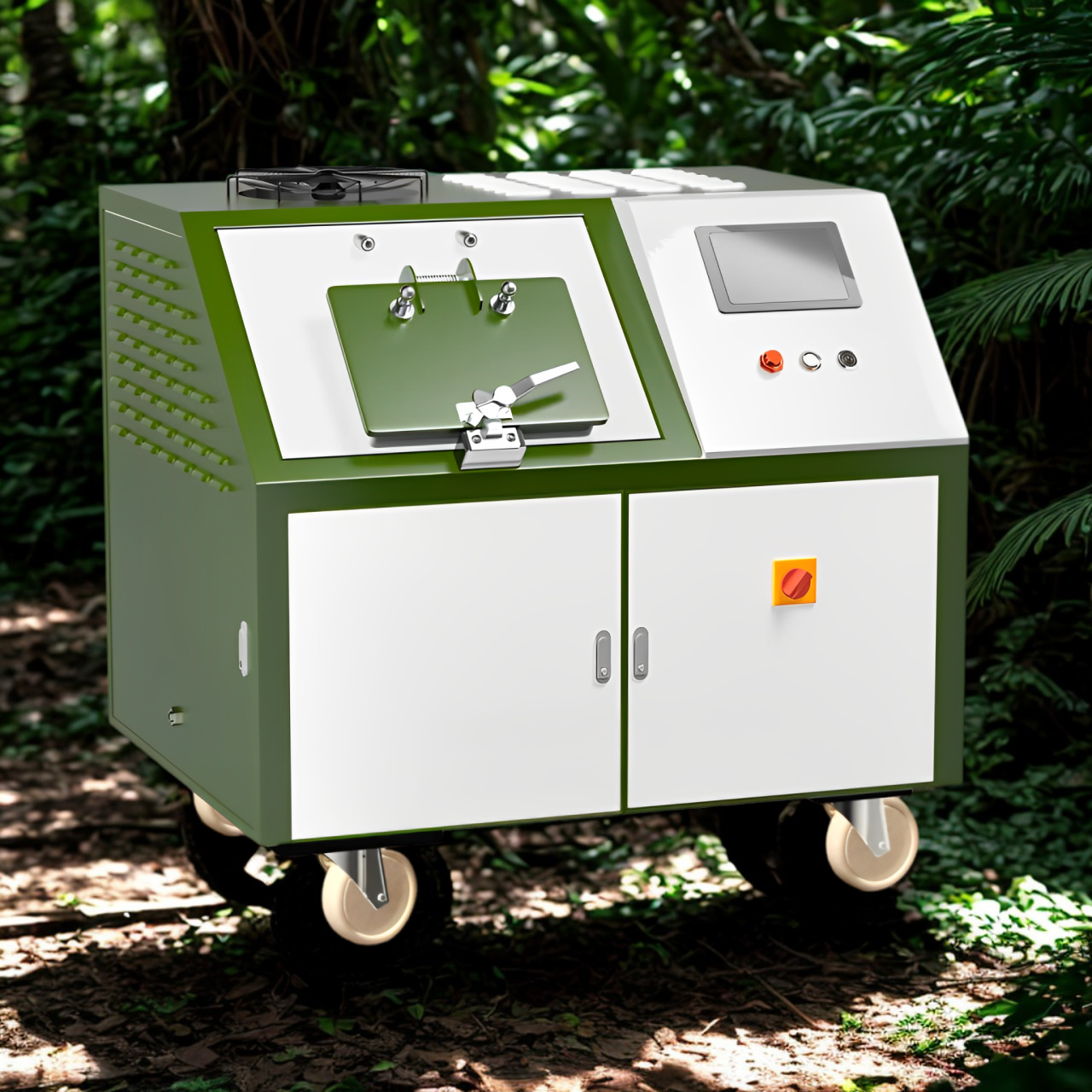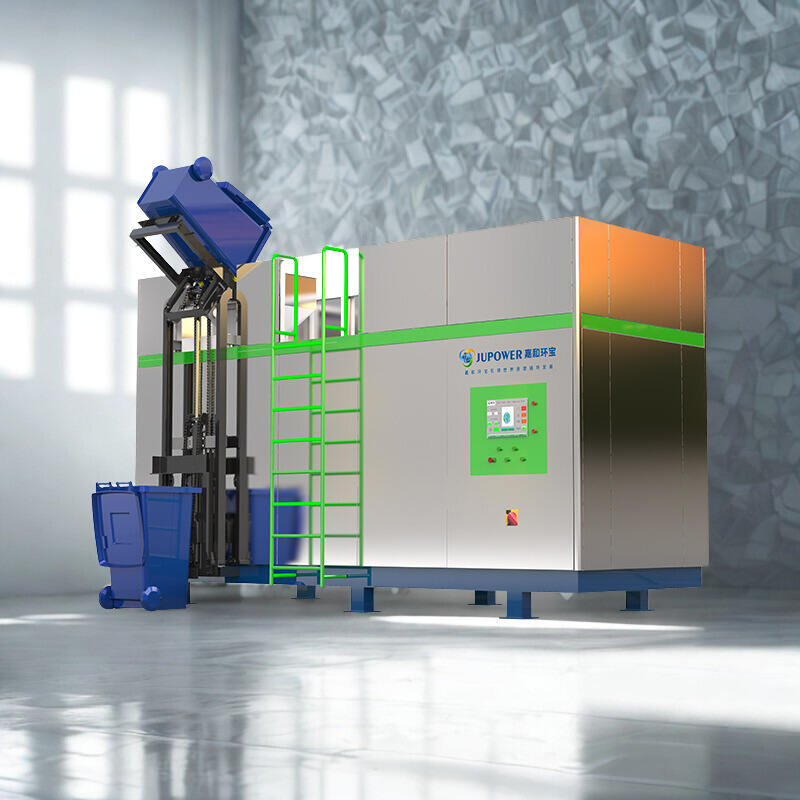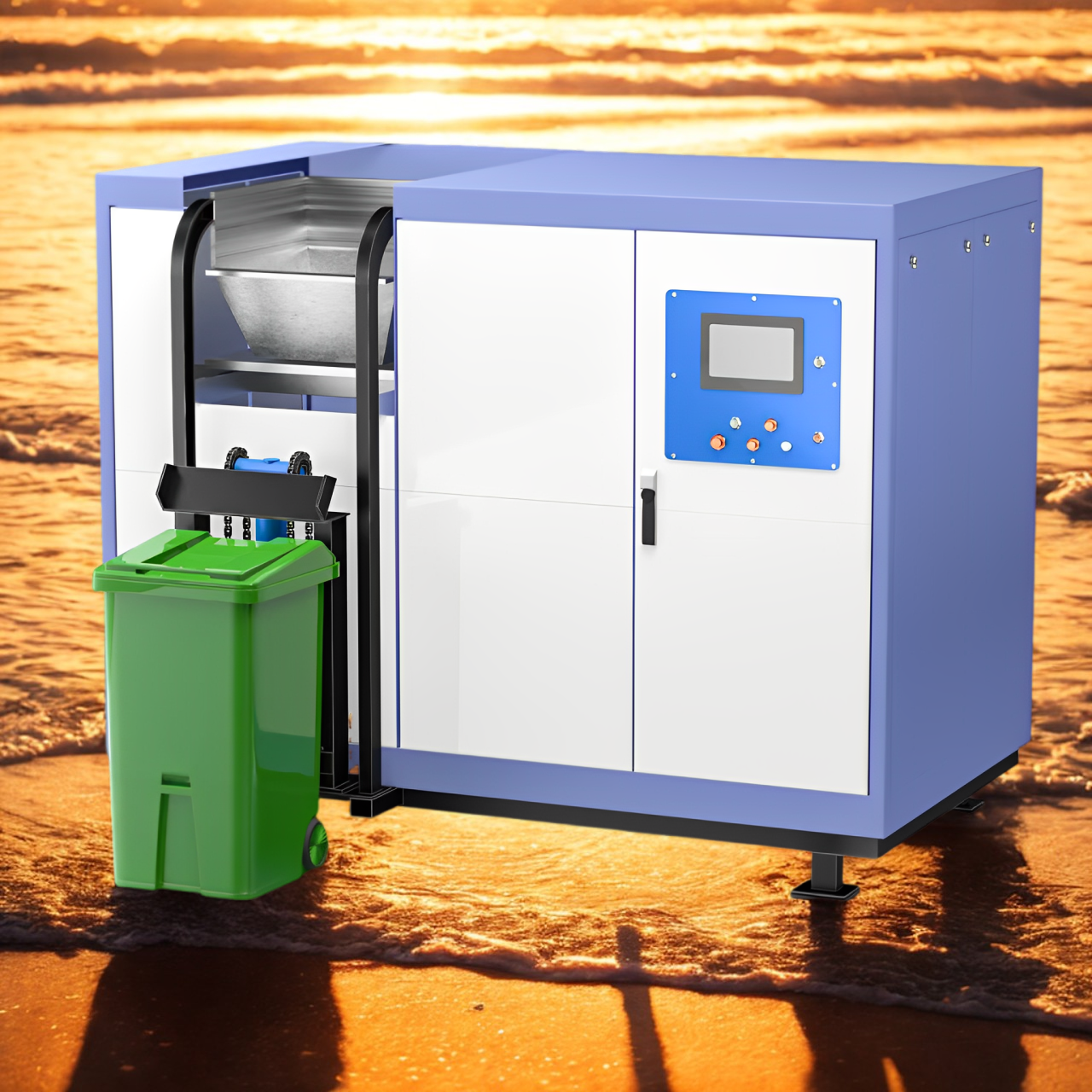livestock waste
Livestock waste refers to the byproducts generated from animal farming operations, including manure, bedding materials, and other organic residues. This biomass resource plays a crucial role in sustainable agriculture and renewable energy production. The management of livestock waste involves various technological processes such as anaerobic digestion, composting, and nutrient recovery systems. Modern livestock waste management incorporates advanced monitoring systems, automated collection mechanisms, and treatment facilities that transform waste into valuable resources. These systems effectively process organic materials while minimizing environmental impact and maximizing resource recovery. The applications of livestock waste extend beyond traditional fertilizer use, encompassing biogas production, soil amendment, and sustainable farming practices. Advanced treatment technologies enable the extraction of nutrients like nitrogen and phosphorus, which can be repurposed for agricultural use. The integration of smart sensors and automated control systems ensures optimal processing conditions and environmental compliance. This comprehensive approach to livestock waste management represents a significant advancement in agricultural sustainability and resource efficiency.


